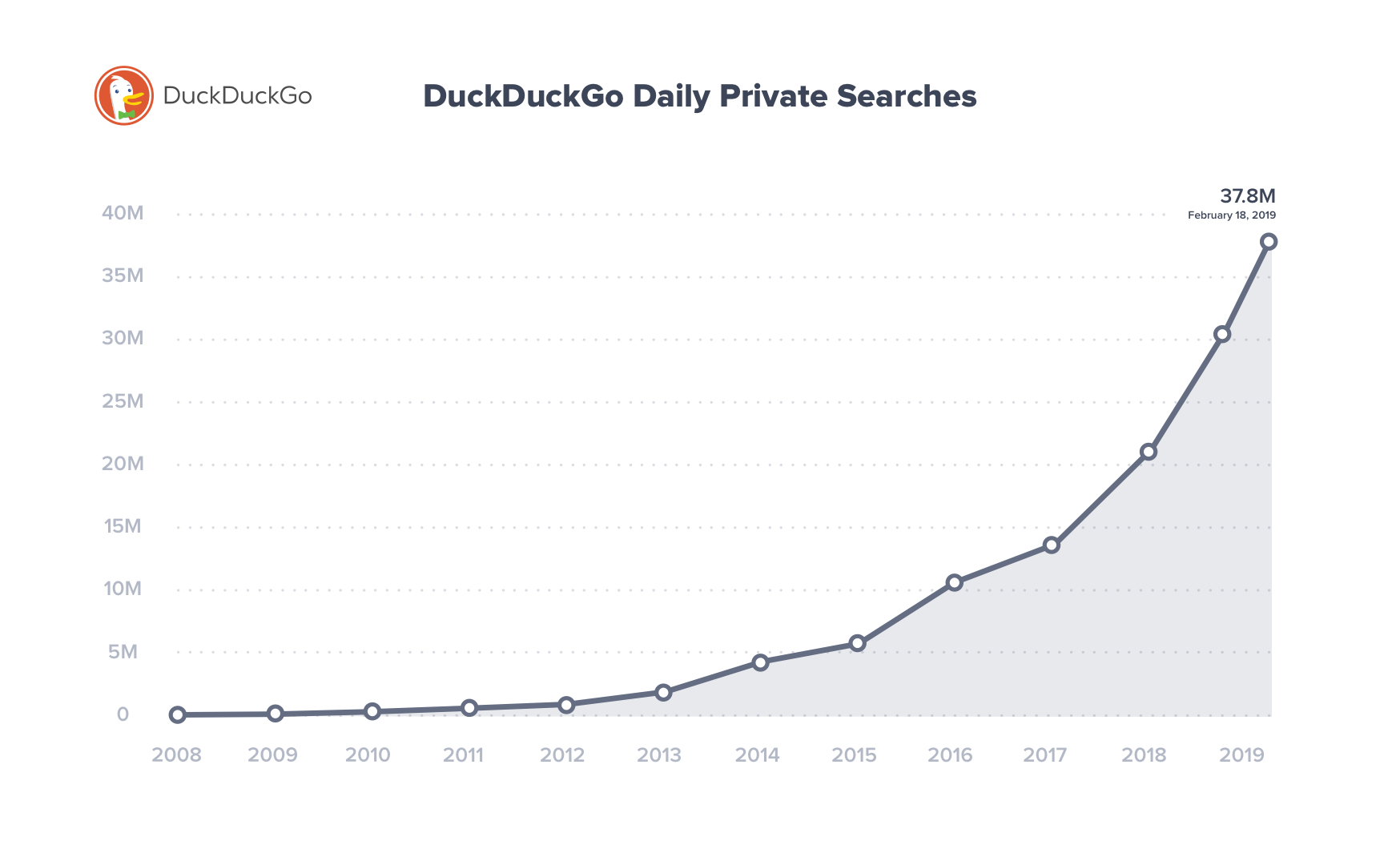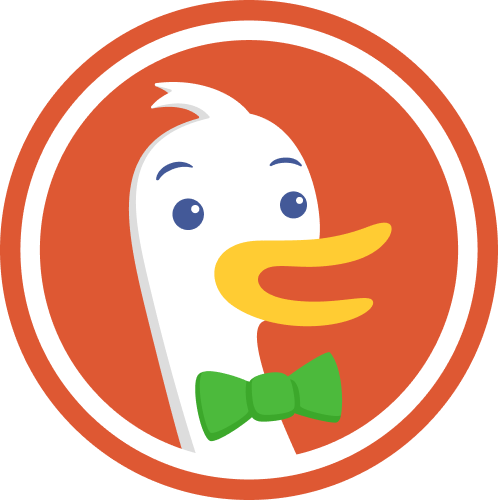DuckDuckGo Testimony Before the United States Senate
Below is the prepared testimony of Gabriel Weinberg, CEO & Founder of DuckDuckGo, before the United States Senate Judiciary Committee Hearing on GDPR & CCPA: Opt-ins, Consumer Control, and the Impact on Competition and Innovation.
March 12, 2019
Chairman Graham, Ranking Member Feinstein and Members of the Committee, thank you for holding this important hearing and inviting me to testify. I am here to explain that privacy legislation, like the GDPR and CCPA, is not only pro-consumer, but also pro-business, and pro-advertising.
DuckDuckGo's primary service is a search engine alternative to Google that allows you to search the web without being tracked. We are the fourth largest search engine in the US, serving over one billion searches a month globally. We also offer a mobile privacy browser that serves as an alternative to Google Chrome.
We regularly conduct rigorous consumer research on privacy issues, which we post at SpreadPrivacy.com. We also help educate consumers about online privacy from our Twitter account, @duckduckgo.
I founded DuckDuckGo in 2008, far outside of Silicon Valley, in Valley Forge, Pennsylvania. We now have a distributed workforce spread across the nation in twelve states, the District of Columbia, and in ten other countries.
As you know, people are tired of being watched everywhere they go online. They are fed up with all the intended and unintended consequences this online tracking creates, including invasive ads, identity theft, discrimination, and manipulation. Have you ever searched for something only to see an ad for that very thing pop up in a mobile app or on a different website? DuckDuckGo helps you avoid these types of scenarios by seamlessly reducing your online digital footprint.
Every time you search on DuckDuckGo, it's like you are searching on our site for the first time. We do not even have the concept of a search history.
And we also offer privacy protection beyond the search box. Many companies run sophisticated tracker networks that lurk on the websites you visit. DuckDuckGo’s browser technology blocks such hidden trackers.
In many ways I come to you from the future: I run a business that is already GDPR and CCPA-compliant. Our privacy policy is straightforward and doesn’t require a law degree to decipher: We simply do not collect or share any personal information at all. That’s it — no confusing settings to fiddle with, no jargon-filled pages to read. Yet, even with this simple privacy policy, we nonetheless are able to make money through advertising.
This brings me to my first point: Privacy legislation is not anti-advertising. Take our business for example: When you type in a search on DuckDuckGo, we simply show you ads related to that search. If you search for ‘car’, we show you car ads. But those ads won’t follow you around, because we don’t know who you are, where you’ve been, or where you go. It's contextual advertising versus behavioral advertising.
As a privately held company, our finances are private, though I’m proud to say we’ve been profitable using contextual advertising since 2014, and last year we earned substantially more than the $25 million revenue floor that subjects a company to CCPA.
And we are not alone. For example, in response to GDPR, when the New York Times in Europe switched from behavioral advertising to contextual advertising, it reported an increase in revenue. And just last week, Business Insider reported the Washington Post was looking into making a similar change. If Congress forced the digital advertising industry to return to its roots in contextual advertising, that would allow companies to remain profitable, or even become more profitable — all without the unintended consequences of behavioral advertising.
My second point is that privacy is becoming increasingly good for business. Consumers flock to brands they trust and respect, and according to Harris Poll, data privacy is the most pressing issue on Americans' minds, now for two years in a row. And again, we serve as a great case study, having grown exponentially during this period.

My third point is that well-drafted privacy legislation can spur more competition and innovation in one of the most foundational markets of the Internet: digital advertising. This market is currently a duopoly, and this reality is hurting everyone from small businesses to venture-backed startups to media companies. To restore competition and innovation in this market, the data monopolies at its core need to be addressed.
Fixing this digital-ad-market duopoly can take any number of forms. Here are three suggestions. First, consumers could be given a robust mechanism to opt-out of online tracking. Second, monopoly platforms could be prohibited from combining data across their different business lines. Third, acquisitions that strengthen existing data monopolies could be blocked.
Our mission at DuckDuckGo is to raise the standard of trust online. We support strong privacy legislation that does exactly that. We believe the Internet shouldn’t feel so creepy, and getting the privacy you deserve online should be as easy as closing the blinds.
I am pleased to answer your questions today and make myself available to Members in the future for more in-depth discussions. Thank you.
You can download the PDF version of this testimony here.
